Blurring the line between a tent and a fly, the 4Midable defies pigeonholing. Whatever you call it, this roomy, circus-style tent is practical and versatile.
Originally designed for guides and outdoor educators looking for strong, lightweight tents with room for lunch parties or sick beds, the 4Midable is now on the lightweight market. We haven’t sacrificed comfort or practicality to save grams: seams are factory taped, there are multiple guy lines for stability and a strong height adjustable DAC pole.
Total Weight: 1020g
Min Weight: 980g
Material: 15D NYLON SIL/PU
* MINIMUM WEIGHT IS FOR INNER, FLY, POLES AND TWO PEGS.
- 15 denier silicon nylon fly
- Factory seam sealed
- Offset YKK zipper with side-release buckle
- Tuck-away guy ropes
- Twin exhaust vents
- Single DAC alloy pole is strong, collapsible, and the height can be adjusted in 50 mm increments
- Forged alloy pegs
- Quick adjust camming peg loops
- Pitch loop at tent’s apex
- Tent can be pitched using trekking poles to save weight. (Pole converter included)
- Optional 3D Footprint covers half the floor and can be used in any quadrant of the tent to increase comfort and weather protection
- Optional Mesh Inner turns the 4Midable into a bug-free retreat for two
Pitching
When choosing a tent site, ideally find a position that is:
- protected from strong winds
- flat and level
- away from trees which may drop debris and limbs
- clear of any sharp rocks or debris that could damage the tent floor
- not in a low-lying area adjacent to a watercourse or where water may pool
- clear of overhead electrical cables: take care when assembling tent poles
Keep sand and grit out of the pole segments. If they do get dirty, clean them out with water and let them dry thoroughly before storage.
Zips
Keep them fully open or fully shut, but don’t go merrily tripping in and out a half-open door. It’s a great way to bust an ankle, and a zip! Although we use high-quality parts, the teeth can still be damaged if a zip is stressed when only partially done up.
That harsh Australian sun…
All synthetic fabrics are degraded by the sun’s rays. Avoid leaving your tent in direct sunlight for extended periods of time.
Cleaning
First, give the fly and the inner of your tent a good shake: you’ll be amazed (and disgusted) at the bits and pieces you’ve been carrying around! Then use a soft-bristled brush to remove any excess dirt from the poles, pegs, inner and fly.
Run your bath with enough warm–hot water to cover your tent, dissolving in a natural, mild, non-detergent soap. (Depending on the size of your bath and tent, you may want to do the fly and inner separately.)
Soak your tent for some time, then brush it to remove any residual dirt. Rinse the tent until the water runs clear – it may take a while… If you really must use a washing machine, make sure it is front loading.
Wash the poles inside and out too, as well as the pegs. But the fun really starts once you’ve finished with the tent: it’s time to scrub the bath!
Once the tent is clean, hang it on the clothes line to dry. Drying time will depend on the weather: it may take several hours in summer, or a day or two in winter. Make sure all components (including the insides of the poles) are completely dry before storing. Lubricate zips with a silicon lubricant suitable for use on fabrics.
Sand
Try to avoid getting sand in the tent. It’s pretty impossible if you’re near the beach, but do try! The abrasive grains will cause increased wear to zips, poles and fabric, so clean out any sand before putting the tent away. Remove sand from zips with a small, stiff brush – an old toothbrush is perfect.
Storing
You know that musty, old-sock smell of a towel that’s been damp for too long? If you put your tent away when damp, it quickly attains a similar fruity aroma, and then the fabric and performance will start to degrade.
In short, mould and mildew on your tent are not ideal… After every trip, hang your tent up (or pitch it – your call) in a warm, dry and preferably shady area until it is completely dry. Make sure all pegs and poles are dry and clean before storage.
It is best to store your tent loose in a cardboard box or mesh storage bag to increase air flow around the fabrics.
Pyramid Series Pitching, Care and Storage Instructions HERE

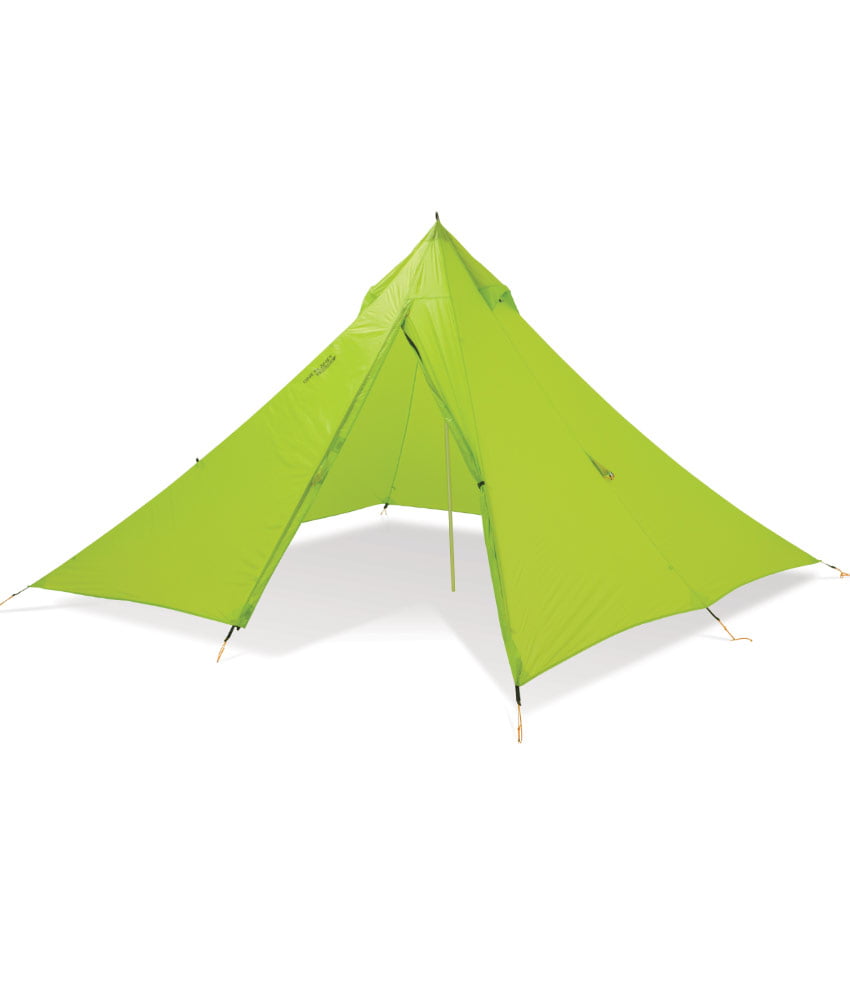
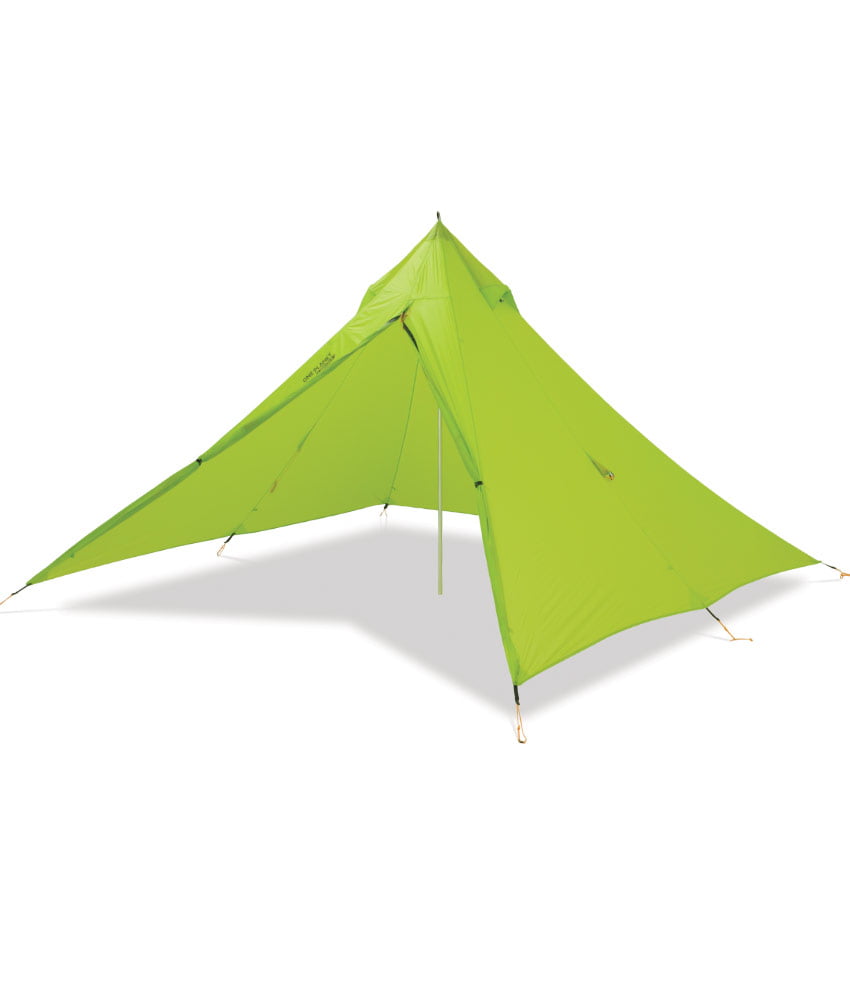
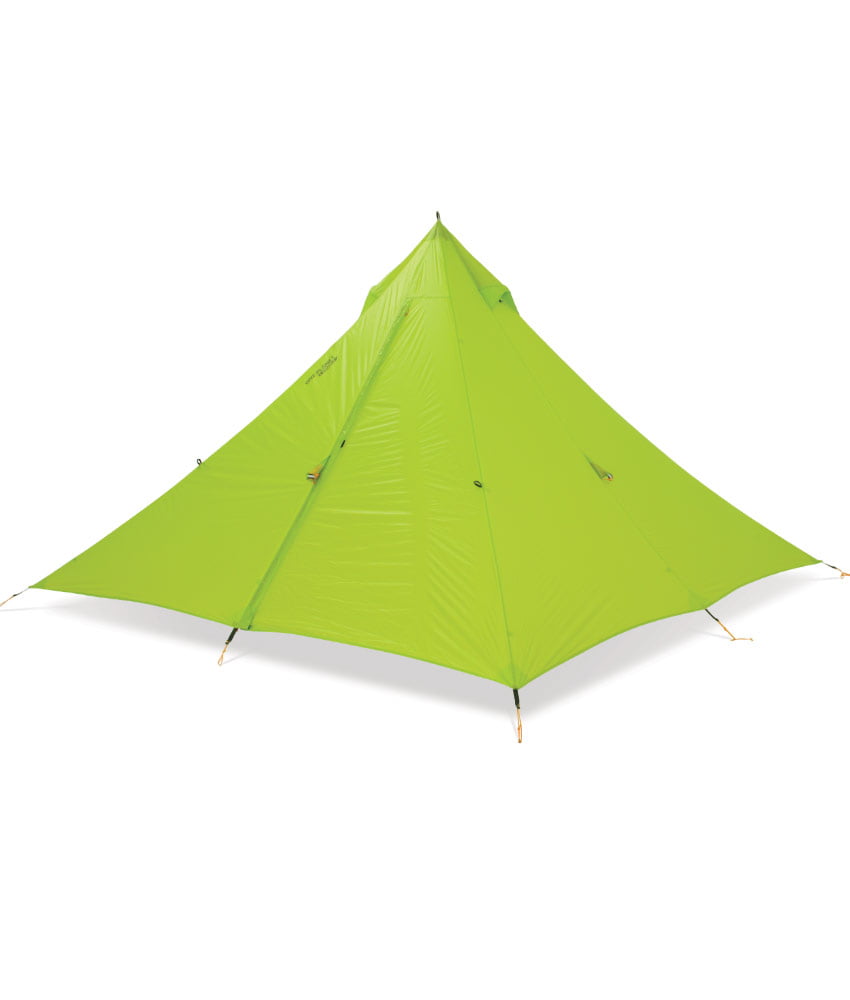
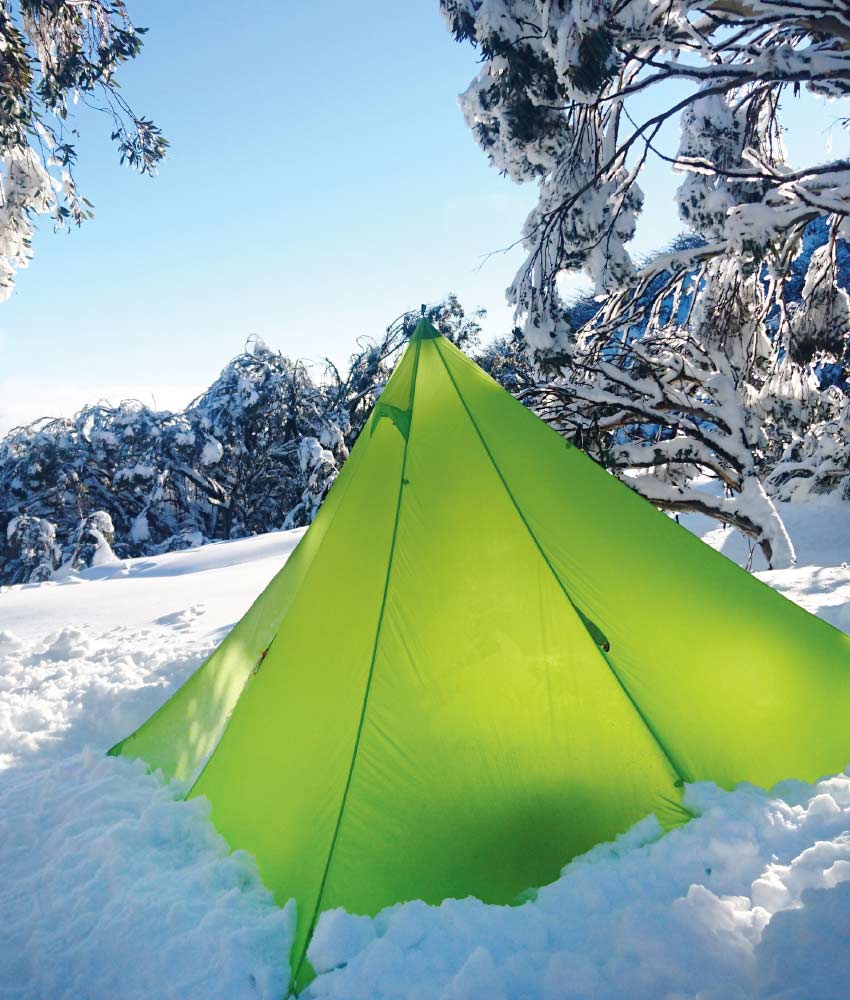
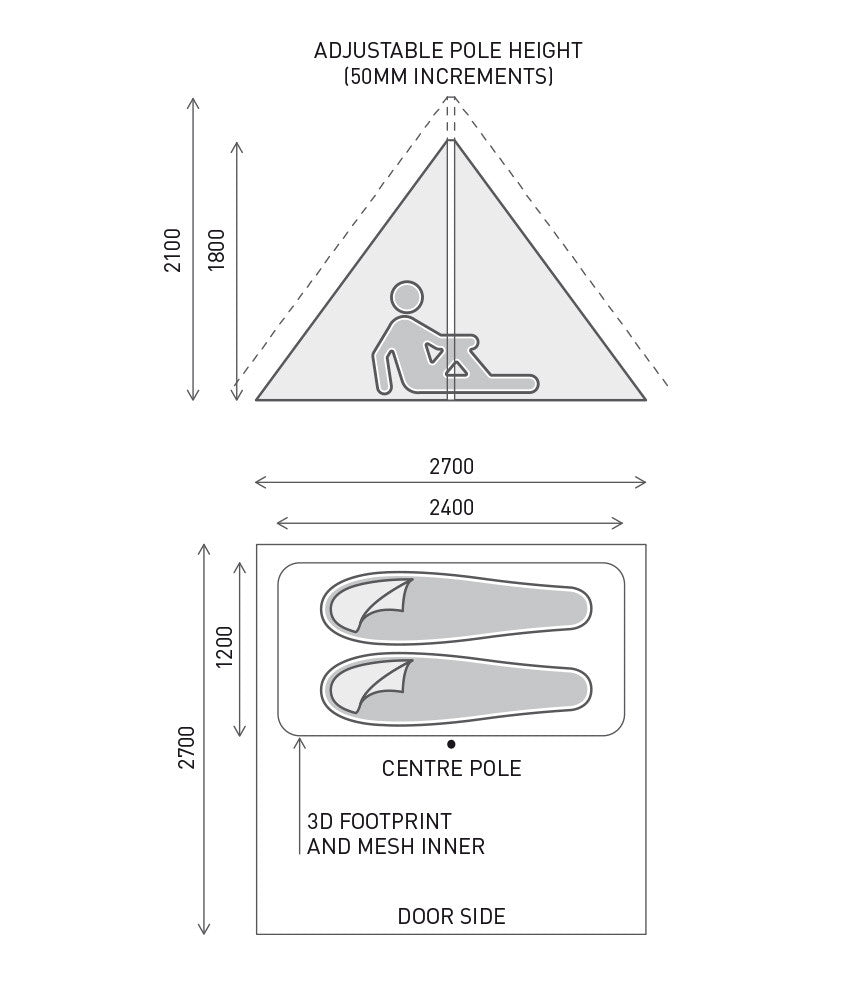
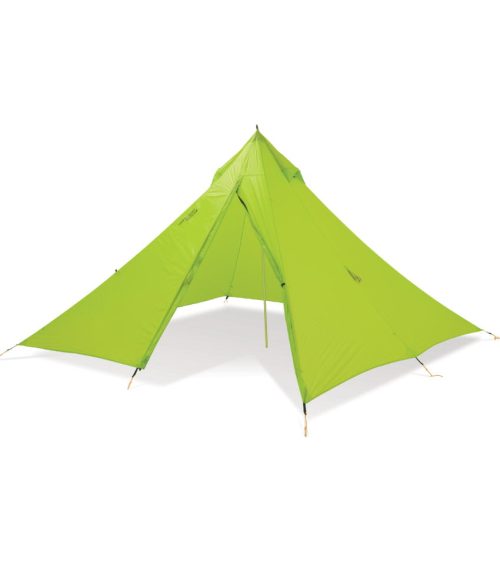
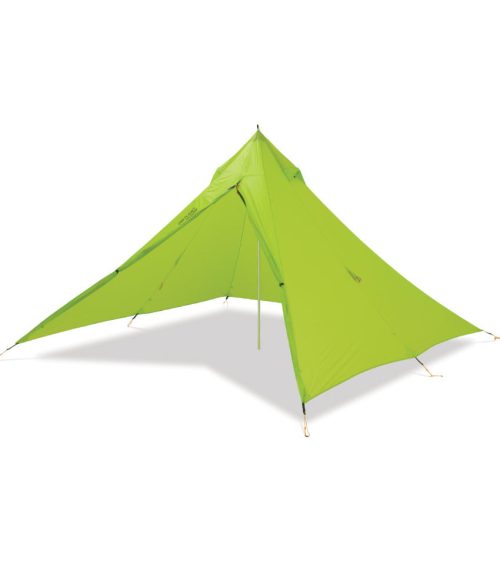
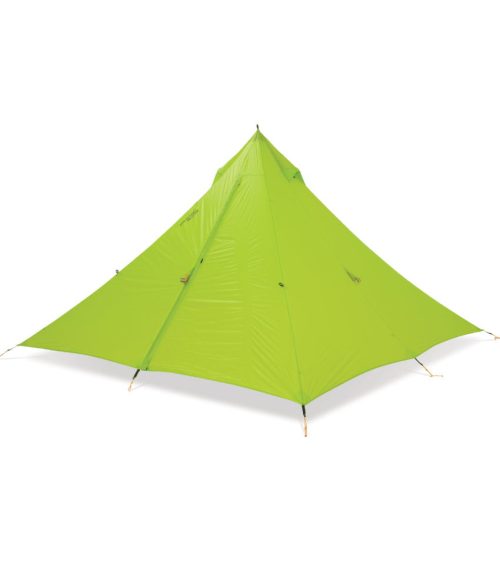
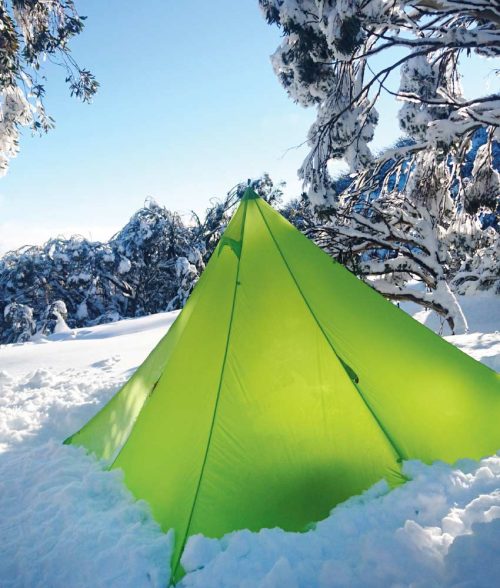
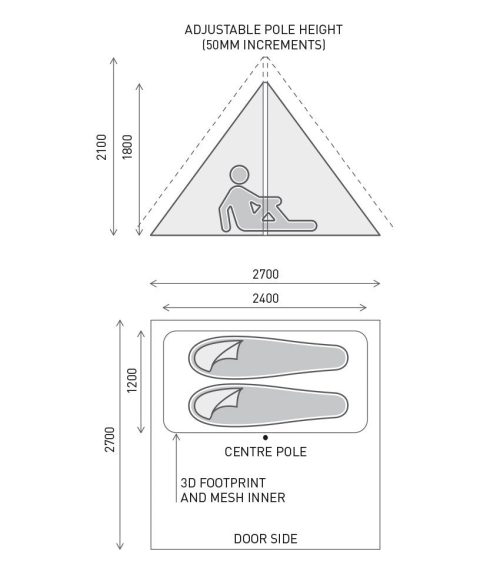

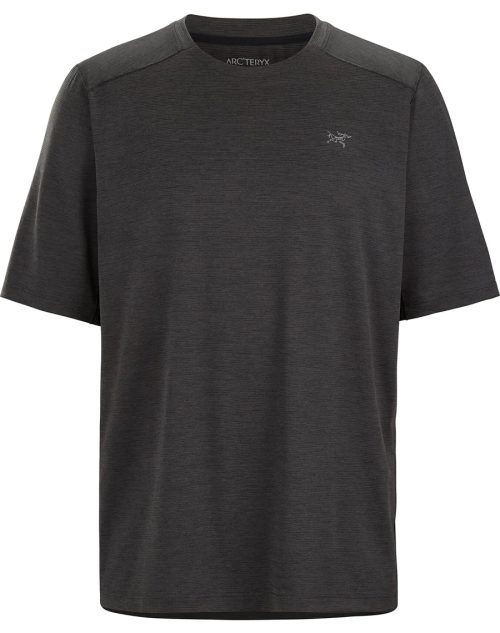
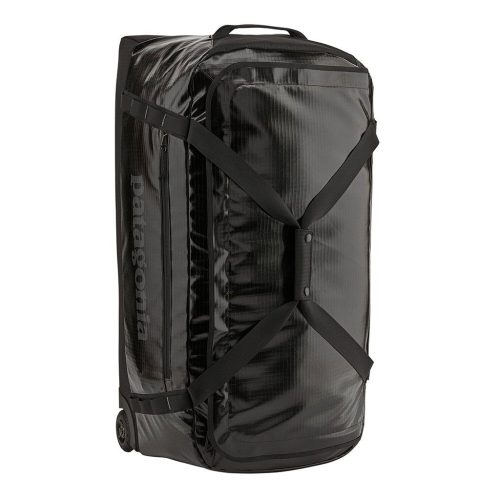
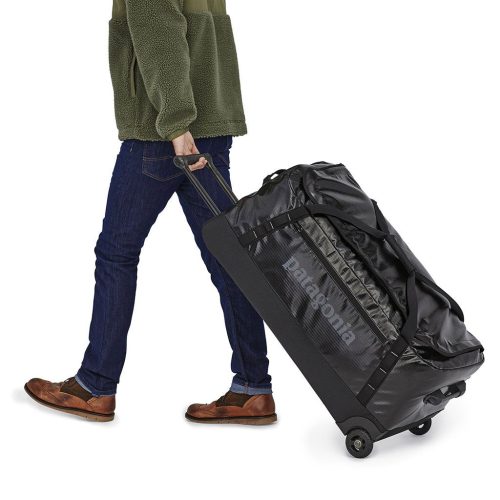
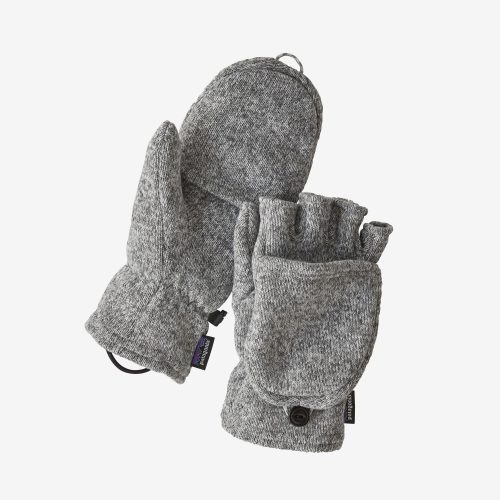
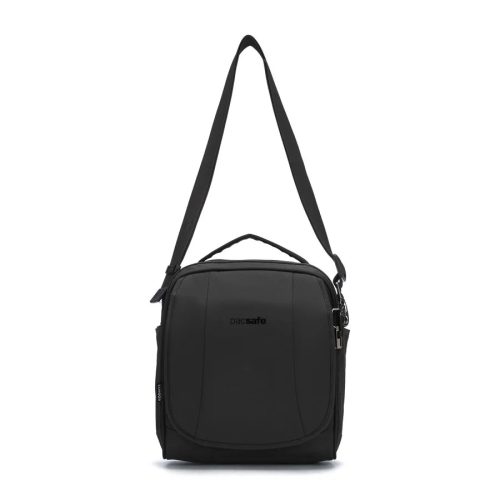
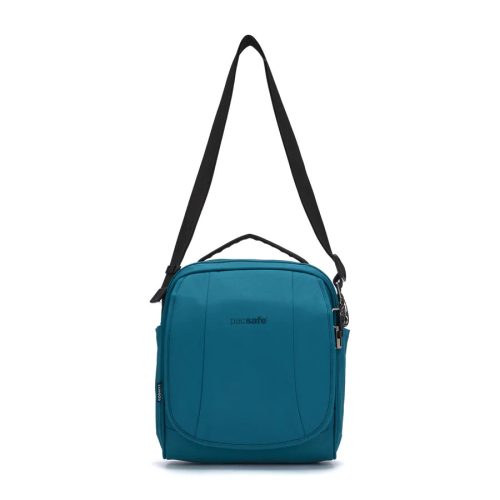
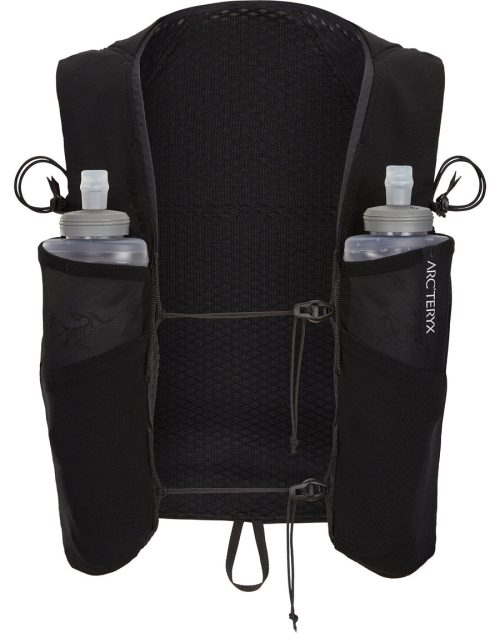
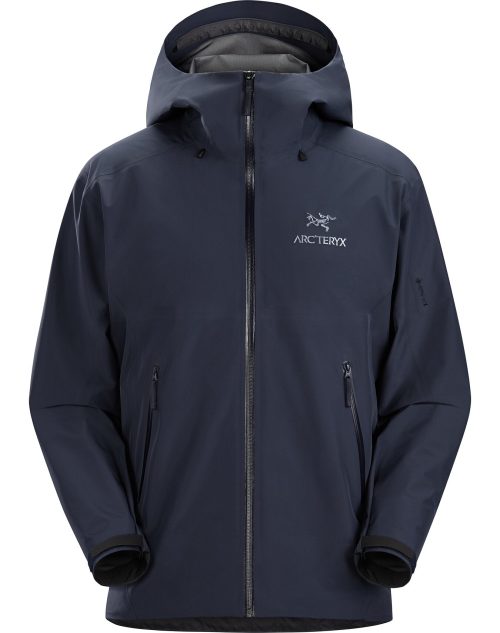

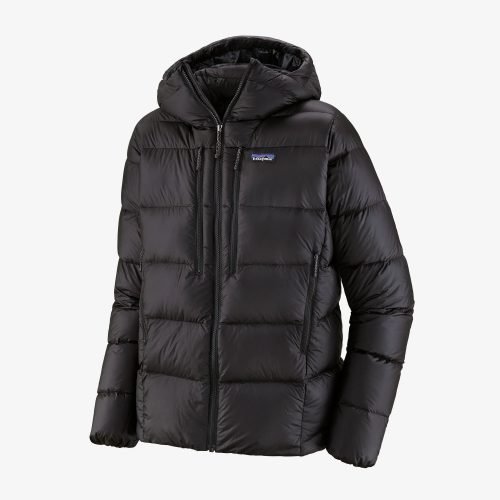
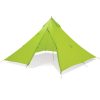
Reviews
There are no reviews yet.